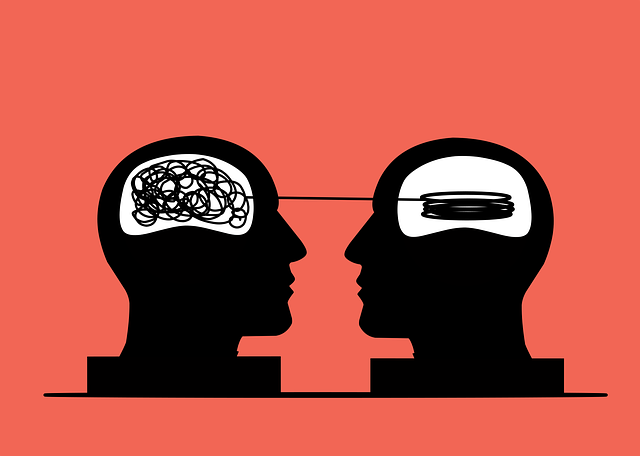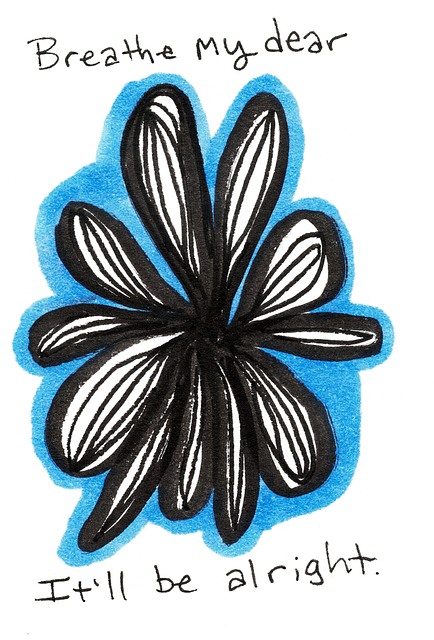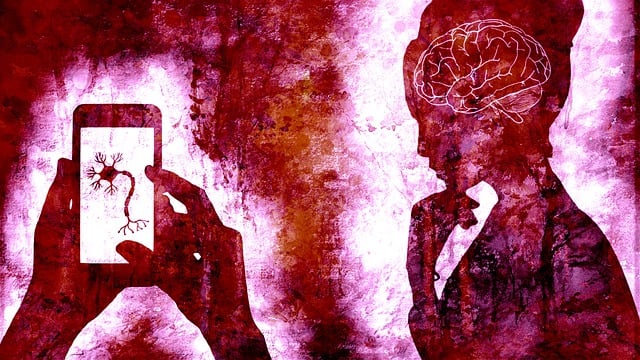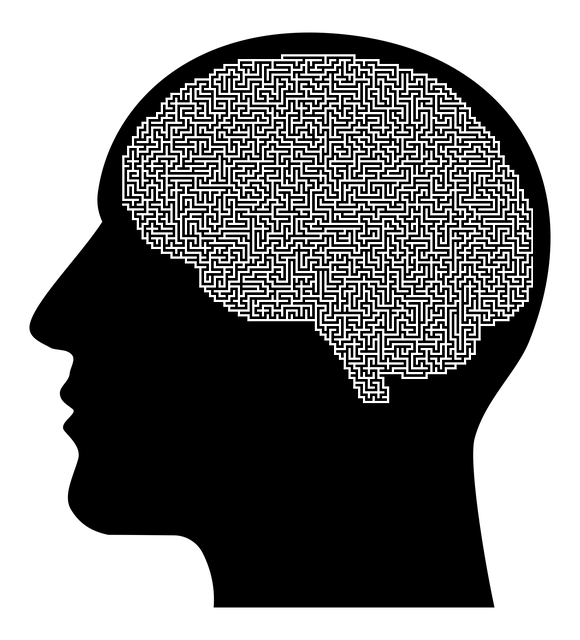International adoptions bring unique mental health challenges for young children due to cultural adjustments and transitions. Effective interventions require culturally sensitive therapy, focusing on age-appropriate self-care practices, risk assessments, and social skills training. By integrating these strategies into education, therapists and educators can create safe spaces, promote resilience, and support holistic development for vulnerable children from diverse backgrounds.
Mental health education is crucial for young children, especially those involved in international adoptions. This article explores program design considerations tailored to their unique needs. We delve into strategies for integrating therapy within educational settings to offer optimal support. Furthermore, we emphasize the importance of culturally sensitive and inclusive approaches, ensuring every child receives appropriate care. By addressing these aspects, mental health education programs can effectively cater to young children in international adoptions, providing them with essential tools for well-being.
- Understanding the Unique Needs of Young Children in International Adoptions
- Integrating Therapy into Educational Programs for Optimal Support
- Designing Culturally Sensitive and Inclusive Mental Health Education for Young Children
Understanding the Unique Needs of Young Children in International Adoptions

The unique needs of young children involved in international adoptions often require specialized mental health education and therapy. These children come from diverse cultural backgrounds, bringing with them a range of experiences that can impact their emotional well-being. Adapting to new families, environments, and languages is a significant adjustment, potentially leading to trauma or attachment issues. Therefore, therapists and educators must approach this population with cultural sensitivity in mental healthcare practice.
Addressing the mental health awareness of these children is crucial. Programs should incorporate strategies that foster self-care practices tailored to their age group, helping them navigate the challenges of transitioning into new homes. By understanding the specific dynamics at play in international adoptions, educators can design effective interventions that support the holistic development of young children and promote positive mental health outcomes.
Integrating Therapy into Educational Programs for Optimal Support

Integrating therapy into educational programs is a vital strategy to provide optimal support for young children, especially those involved in international adoptions. This approach recognizes that mental health challenges can arise from complex transitions and cultural adjustments. Therapy offers a safe space for children to process their emotions, build resilience, and develop essential coping mechanisms. By incorporating therapeutic practices, educators can facilitate the healing process and promote healthy social-emotional development.
When designing such programs, it’s crucial to consider tailored interventions for diverse populations. For instance, a risk assessment for mental health professionals can guide the creation of targeted strategies. Healthcare provider cultural competency training ensures that educators and therapists are equipped to address the unique needs of children from different backgrounds. Social skills training is another essential component, fostering connections and helping these young individuals navigate their new environments with confidence.
Designing Culturally Sensitive and Inclusive Mental Health Education for Young Children

Designing mental health education programs for young children requires a nuanced approach that considers cultural sensitivity and inclusivity. In today’s globalized world, many families and communities are diverse, including those with children who have experienced international adoptions. Therapists and educators must be adept at navigating these complexities to ensure effective learning and support. By incorporating culturally responsive practices, the mental health education can be tailored to reflect the unique experiences and beliefs of each child, fostering a safe and welcoming environment.
A key component is integrating conflict resolution techniques suitable for young minds. Teaching children peaceful ways to manage disagreements or feelings of upset not only enhances their social-emotional skills but also builds resilience. Additionally, community outreach program implementation can broaden perspectives and encourage empathy by connecting children with diverse peers. For instance, organizing cultural exchange events or inviting guest speakers from various backgrounds can enrich the learning experience. Similarly, producing a mental wellness podcast series tailored for this age group can provide accessible resources, offering practical tips and normalizing conversations around mental health in an engaging format.
Mental health education programs for young children in international adoptions must be meticulously designed to address unique needs. By integrating therapy into educational settings and adopting a culturally sensitive approach, we can ensure optimal support for these vulnerable individuals. This holistic strategy, which considers the specific challenges faced by adoptees, fosters inclusive environments where every child feels valued and supported on their journey towards emotional well-being. Implementing these strategies will enhance the effectiveness of mental health interventions for young children in international adoptions, ultimately promoting their healthy development.














